T4K3.news
Eight new schizophrenia genes identified
A large exome study links eight genes to schizophrenia, including two linked through missense variants
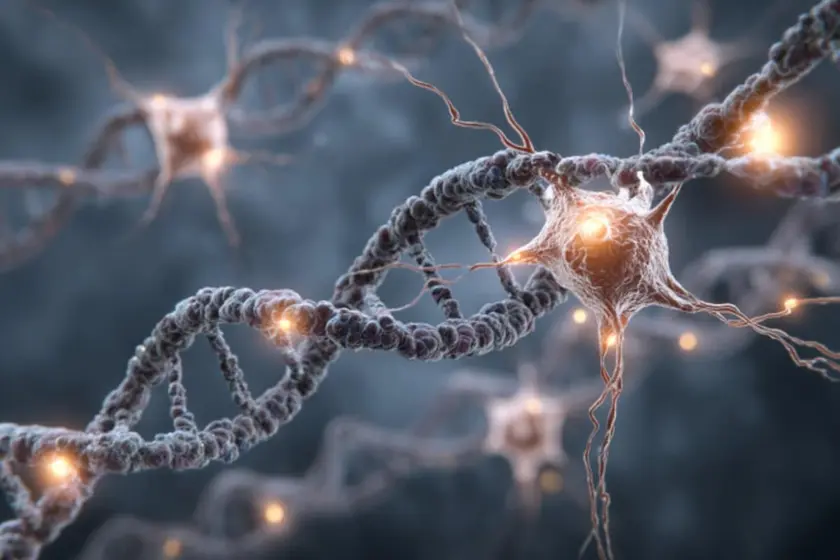
A large exome study identifies eight genes tied to schizophrenia, including two with strong evidence and two genes linked through missense variants.
Eight New Genes Linked to Schizophrenia Revealed
A large international study analysed exomes from 28,898 people with schizophrenia, 103,041 controls, and 3,444 families. Researchers found eight genes linked to schizophrenia, with STAG1 and ZNF136 showing strong evidence and six others showing moderate support. Notably SLC6A1 and KLC1 are the first schizophrenia risk genes identified through damaging missense variants alone, a finding that points to changes in protein function as a pathway to risk.
These results support the idea that schizophrenia shares genetic roots with autism, epilepsy and developmental delay, and suggest a role for disruptions in how DNA is organized in cells and in brain signaling via GABA. The work signals a new phase for gene based studies and could guide future drug development, though translating these findings into therapies will require replication and detailed functional studies.
Key Takeaways
"These findings are informative because they suggest that schizophrenia might be linked to changes in how DNA is organised within cells, and also disruptions in how brain cells communicate using a chemical called GABA."
Sophie Chick explaining the implications of the findings
"Rare genetic variants have long been known to have a role in schizophrenia, but identifying specific genes linked to these mutations has been a major challenge."
Dr Elliott Rees on the challenge of pinpointing genes
"SLC6A1 and KLC1 are the first schizophrenia risk genes to be linked solely through missense variants, a type of mutation that alters the amino-acid sequence of proteins."
Key novelty of the missense only finding
"Eight risk genes identified, with two showing strong evidence and six with moderate support."
Abstract level summary of results
The study leverages a very large sample to detect rare coding variant associations. Strong signals for STAG1 and ZNF136 reinforce the idea that some high impact genes drive risk, while the six others show more modest signals that still matter. The focus on missense variants in SLC6A1 and KLC1 highlights how single amino acid changes can disrupt protein function and neural circuits.
However, the path from gene lists to cures is long. The associations do not reveal how these genes cause symptoms, and clinical use will need replication and functional work. The overlap with other neurodevelopmental disorders raises questions about shared biology and how to translate insights into precise therapies.
Highlights
- DNA holds more clues to schizophrenia than we thought
- Missense variants reshape our view of the disease
- Chromatin organization could be the next frontier in mental health
- The map is growing, but medicine has a long way to go
The genetic map of schizophrenia is expanding, and care will follow only after careful validation.
Enjoyed this? Let your friends know!
Related News

New genetic discoveries linked to ME/CFS announced
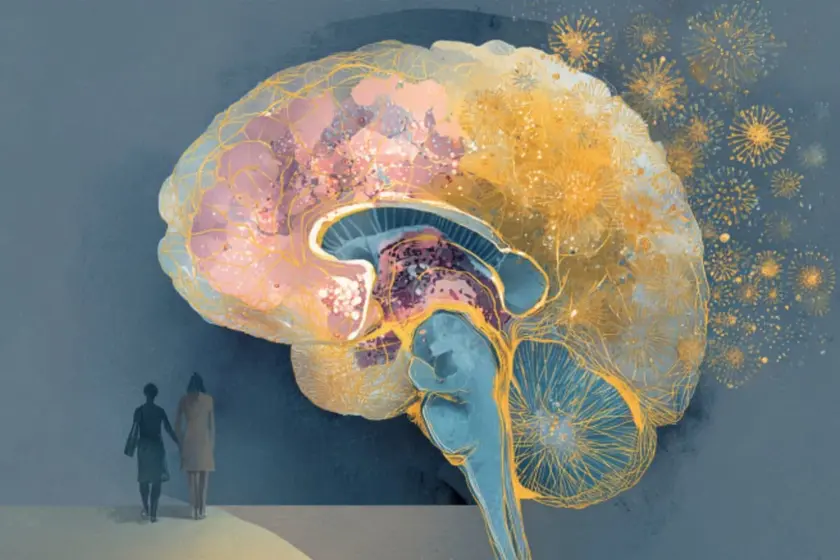
Research Links Hepatitis C Virus to Mental Disorders
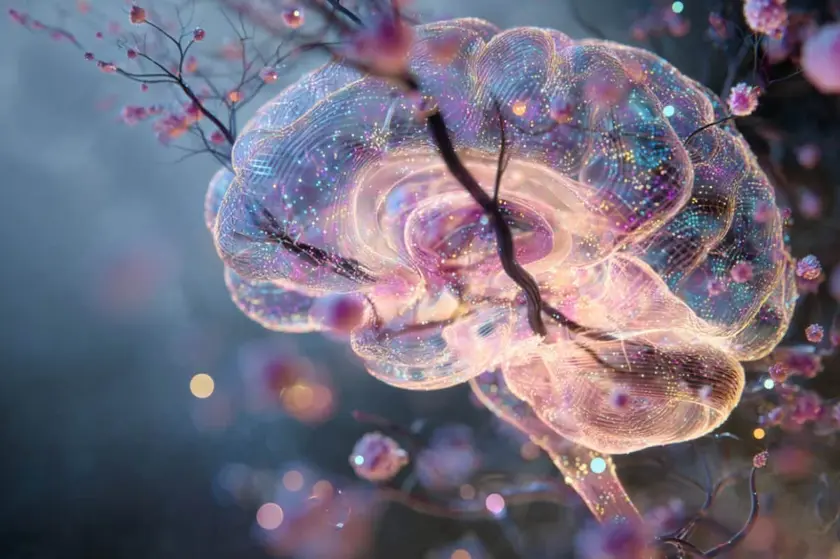
Study reveals genes linked to mental illness activate in fetal stages

New study uncovers genetic factors in chronic fatigue syndrome
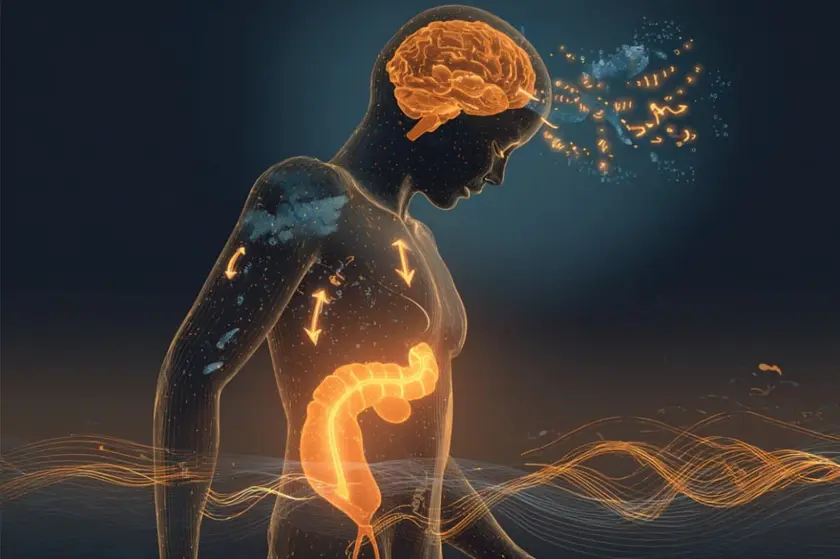
Pancreas brain loop links mood to metabolism
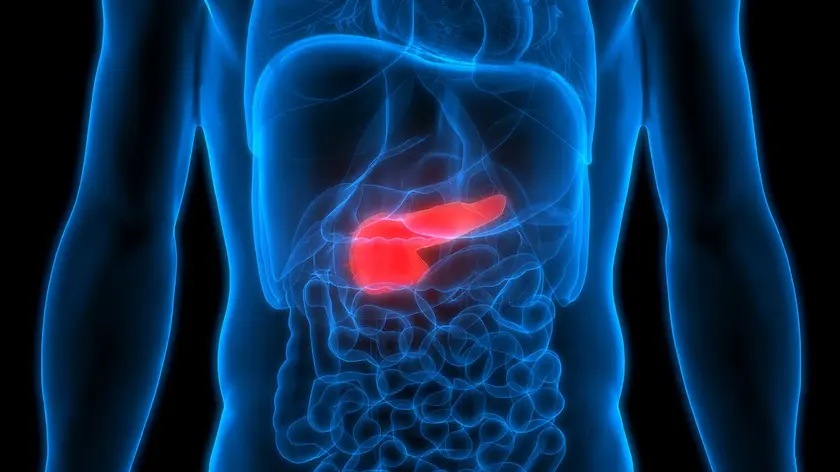
Pancreatic cancer risk linked to heavy drinking

Chimpanzee babies learn from mothers
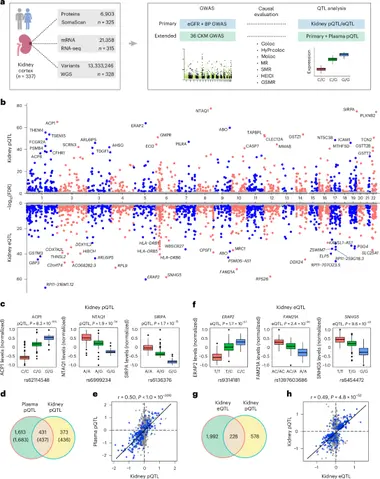
Kidney Proteomics Maps New Targets for CKM health
